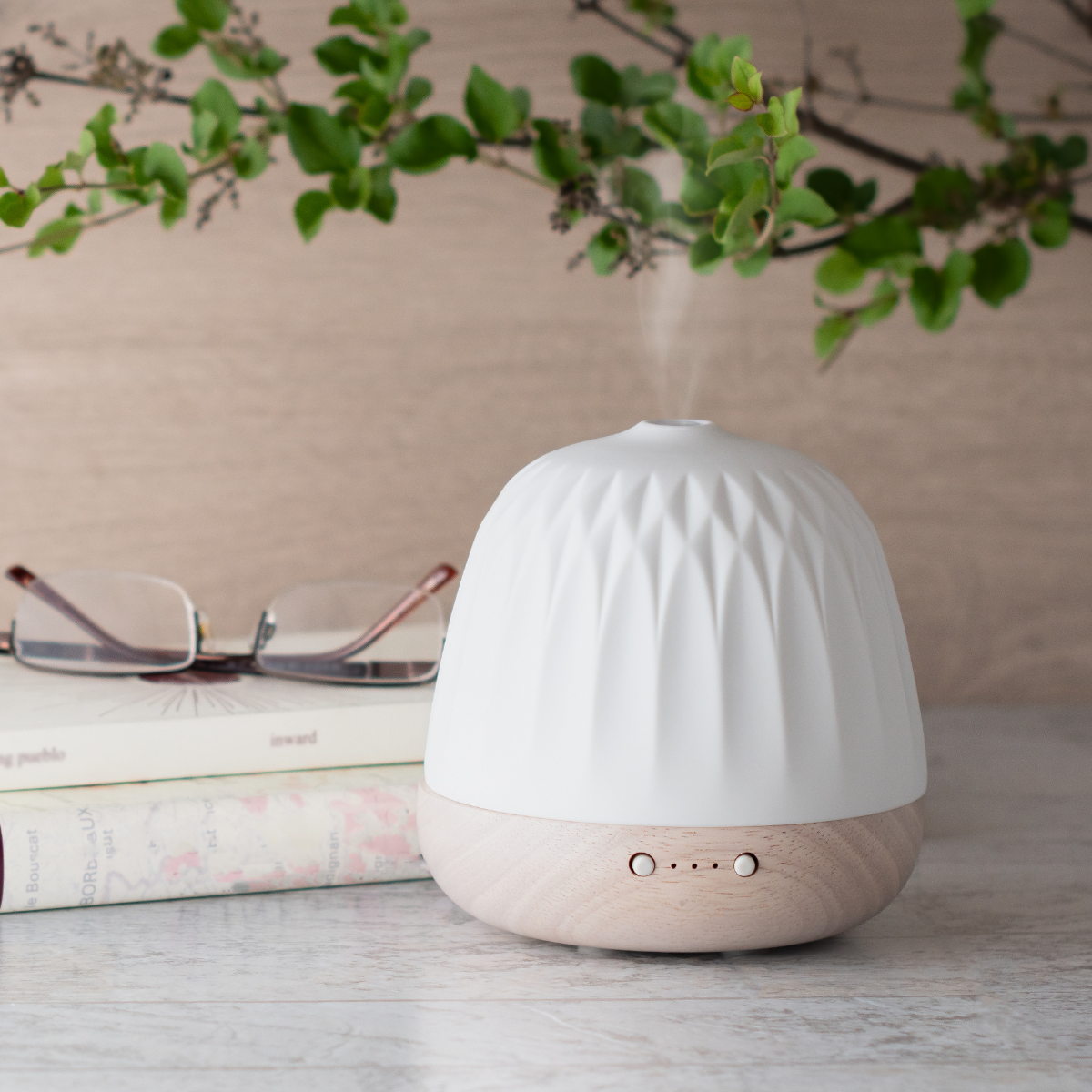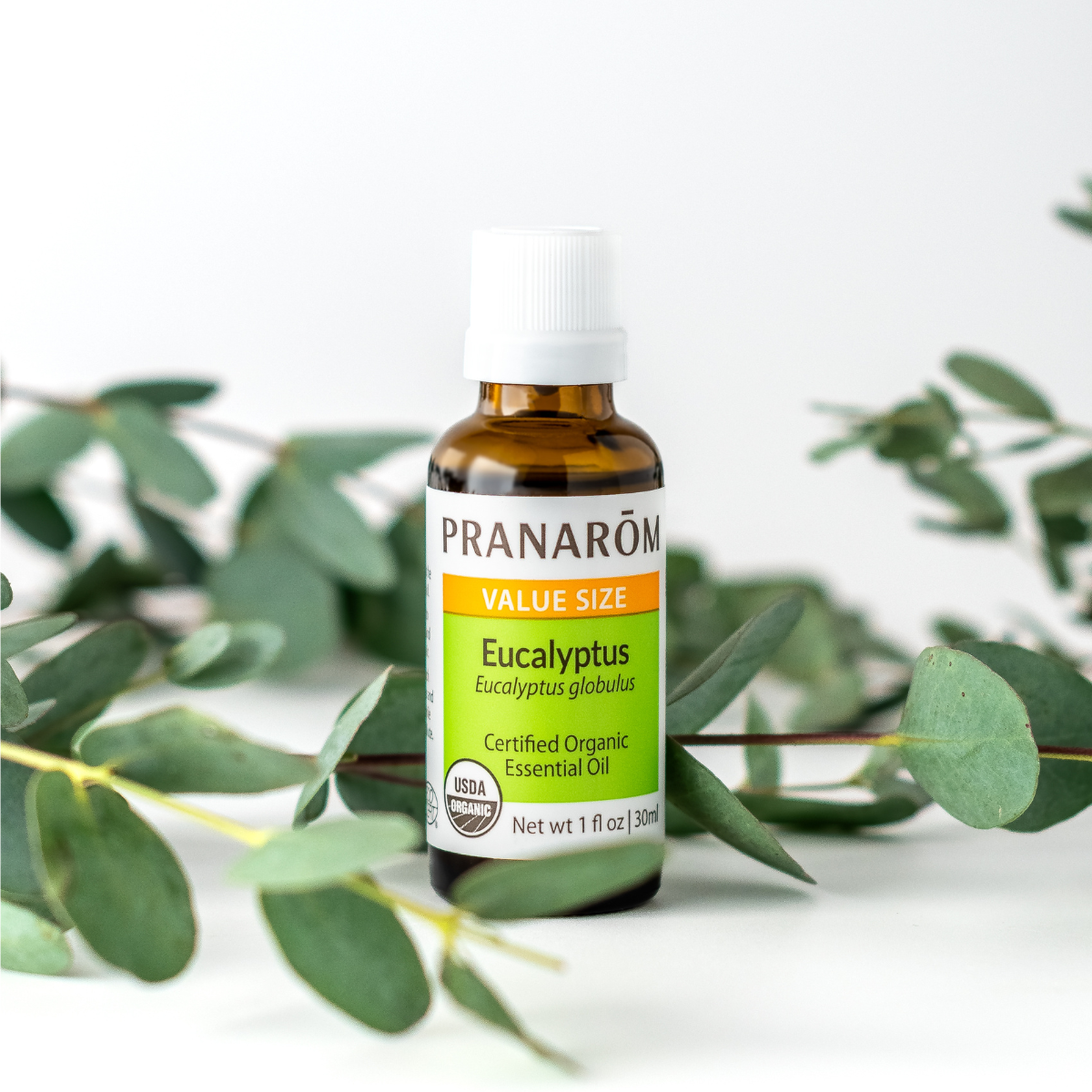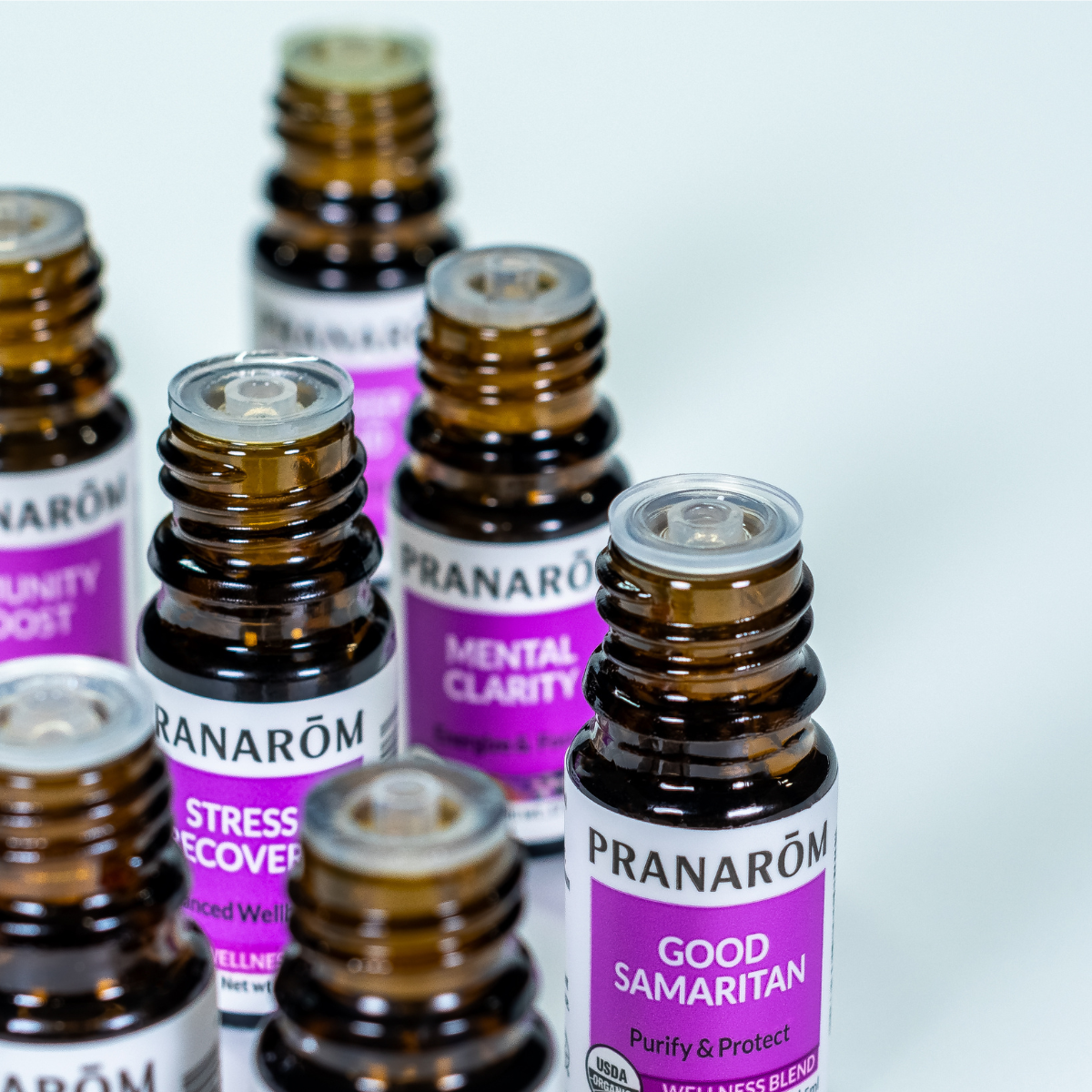There are different ways to diffuse essential oils
-
Micro-diffusion and ultrasonic essential oil diffusers have the advantage of working without heating the essential oils (heat would oxidize the oils);
-
Conversely, the incense burner consists of a candle holder that heats a cup in which essential oils have been placed. If the heat is low, little diffusion is obtained; if the temperature is higher, the delicate principles of the oils are destroyed. The device burns and denatures the aromatic products used;
-
The vaporizer (spray) projects droplets of Essential Oils which are too large to be inhaled; these drops are heavy and settle on furniture and curtains;
-
The electric diffuser projects the Essential Oils against a glass wall by blowing air. A cloud of micro particles forms upon contact with the glass, filling the air with fragrance.

Pranarōm's ultrasonic essential oil diffusers are the optimal way to efficiently diffuse quality essential oils . By combining the effect of ultrasonic waves on a solution made of water and essential oils, the oils are dispersed into millions of microparticles in the form of an aromatic mist that optimizes the benefits of essential oils for health and well-being. These ultrasonic essential oil diffusers purify the air, lightly humidify the atmosphere, and subtly enhance the olfactory environment.
These diffusers are suitable for home use, for use in any living space, in conference rooms, locker rooms, hotels, hospitals, beauty and aesthetic salons and spas.
How to choose essential oils to diffuse?
Ready-to-use essential oil synergies are available for easy and safe diffusion. It's also possible to create your own personalized blend tailored to your needs:
For a sanitizing spray with Essential Oils
Aldehydes and terpenes are known for their atmospheric disinfectant properties and prevent the proliferation of pathogenic germs. Disinfection of premises, intensive care units and patient rooms can involve the diffusion of essential oils such as eucalyptus radiata, oregano, green myrtle, ravintsara and mandravasarotra. Eucalyptus radiata is very useful in winter for purifying the air in homes.
To keep the mind sharp
Recommended essential oils are Patchouli, Rosewood, Scotch Pine, Black Spruce, Rosemary or Bay Leaf.
To relax or fall asleep
You won't use the same essential oils depending on whether you're at work or in the bath. Diffusing lavender with mandarin a quarter of an hour before going to bed helps you sleep well. Grapefruit can also be useful for curbing obsessive thoughts. To create a relaxing atmosphere, you can opt for essential oils such as Bergamot, Chamomile, Geranium, or Sandalwood.
To mask bad odors
Mint essential oils (Field Mint, Peppermint and Spearmint) will be effective in masking tobacco odors. They should be used in combination with other essential oils, taking care not to exceed a maximum of 5% because these oils can become irritating to the eyes.
In the toilet, stool odors will be neutralized by Lemon Eucalyptus, Lemon, Grapefruit or Sweet Orange while urine odor will be covered by Chinese Cinnamon, Scotch pine or balsam fir.
To combat perspiration odors, essential oils of Lavender or Rose Geranium will be used. They are also used with Palmarosa in the making of deodorant with essential oils.
Essential oils to avoid in diffusion
Essential oils containing phenols or ketones are not suitable for diffusion. They are irritating or toxic, so avoid adding them to the diffuser.
These are the essential oils of: Coridothymus capitatus, Eugenia caryophyllus (clove), Origanum compactum, Origanum heracleoticum, Pimenta dioica, Satureja montana, Thymus vulgaris, Artemisia heba alba, Hyssopus officinalis, Salvia officinalis, Thuya occidentalis.
Due to their harsh odor, essential oils of cumin, cypress, carrot, helichrysum, and juniper should also be avoided.









